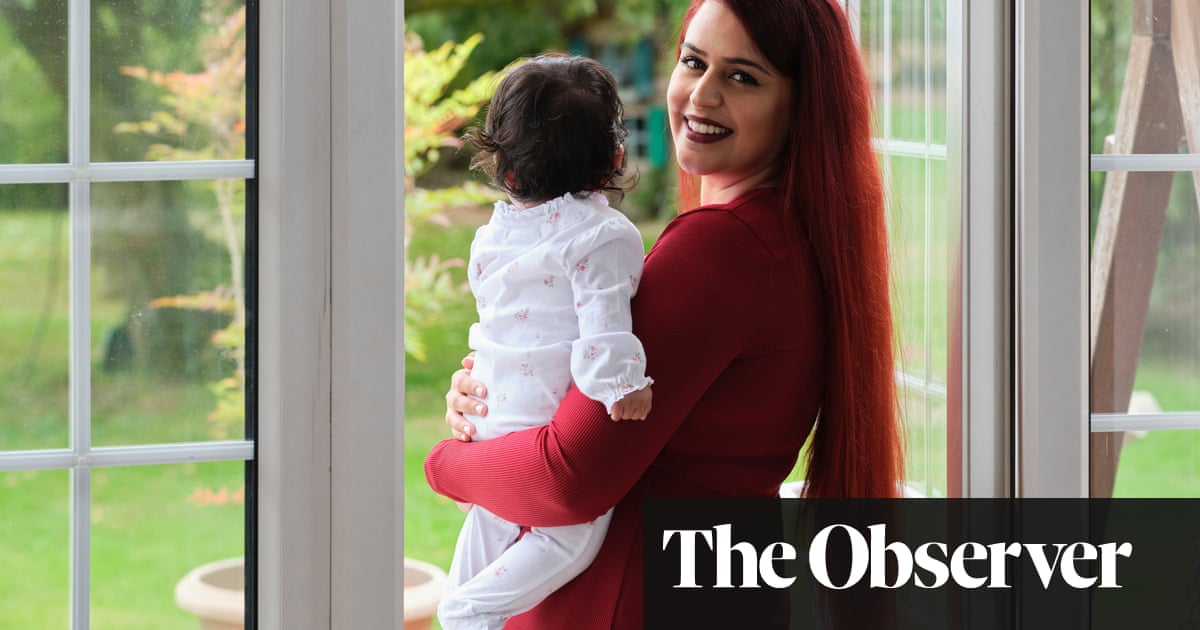
Most transatlantic romances are, out of necessity, brief: a chance meeting, an expensive visit apiece, followed by an eventual admission of defeat. But this one, begun in the winter of 1990 while I was living in New York, wasn’t quite over with. After that second expensive visit, I booked another flight to London for early June. It seemed unlikely that the magazine where I worked would give me the whole summer off for the sake of love, so I quit.
I had just turned 27, and I thought it might be the last opportunity to do something grossly irresponsible, to ignore consequences, to take an extended romantic holiday – featuring plenty of travel, sex and alcohol – before going home to start paying for my choices. I fully expected the relationship to spring a leak at some point; my new English girlfriend had made it pretty clear that a strong part of my appeal was my sell-by date.
What I wasn’t expecting was to attend a lot of weddings. I was taken to one straight from the airport, and I’d been to three by the time June ended. It’s hard to describe how weird this was: before that year, I’d not only never been to an English wedding, I’d never even been to the wedding of a contemporary. I didn’t know anyone my age who was married. But this seemed to be the summer all my new girlfriend’s mates decided to get hitched.
I couldn’t really believe anyone in their mid-20s would voluntarily put themselves through such an ordeal in front of all their friends – in front of their parents, even – but everybody seemed used to it, as if they’d already seen this spectacle loads of times. Then everybody, including me, got drunk, and it all seemed fine. But I couldn’t help thinking: two of these people are going to wake up not just hungover, but married.
It might have been embarrassing to sit there with her, listening to speeches about people embarking on a lifetime of commitment, but at most English weddings, I learned, you get put at different tables. I generally sat behind a little card with “+1” written on it, next to the vicar, the bride’s nanny or the neighbours from the groom’s childhood. At one point, I found myself seated next to a pug. I imagined that, years later, these people would look at their wedding photos and think: who’s the guy with the dog?
I don’t want to make it sound like that’s all we did. We also spent two non-consecutive weeks in Cornwall, and another in France. And we went to the pub a lot. I laid a ceramic tile floor in the kitchen of her new flat, thereby subtracting about £500 from its eventual resale value. We also argued a lot, which I put down to the fact that I was a little bit underfoot. I am not an adventurous person, and yet I had somehow accidentally embarked on an adventure, living in a foreign country, habitually attending the weddings of strangers while wearing unsuitable shoes. I was at sea a lot of the time. I would make people laugh without meaning to, and then spend the rest of the day wondering what I’d said wrong. A boyfriend like me could get on your nerves.
Once, we had an argument that ended with me storming out of the flat and slamming the door behind me. It wasn’t until I got to the street that I realised I had no keys, money or friends. After a few minutes of standing in the rain I rang the bell and asked to be let back in. “I’m sorry,” she said. “Who is this, please?”
Like all summer romances, this one came to its natural conclusion, in late November. I watched the end of Margaret Thatcher’s reign from a bar in Gatwick airport as I waited for my flight home, alone and bereft.
As a summer fling, however, I proved hard to shake off: I was back in March because, oddly enough, I’d been invited to a wedding. I stayed all through the next summer, and went to even more weddings. When I returned the summer after that, it was for my own wedding.
“Don’t worry,” she said on the day we agreed to get married. “We can always get divorced.” And 28 years later, we still can.












